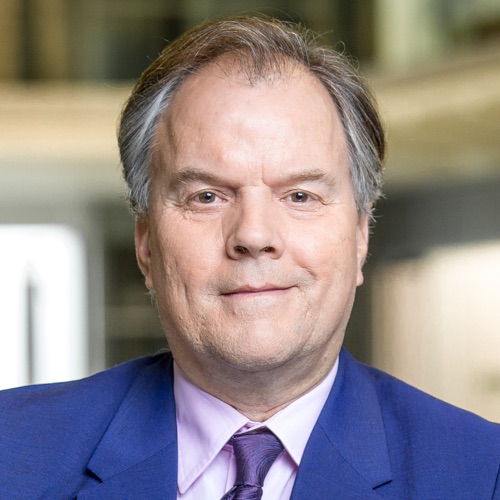Donetsk – city of phantom states and sullen fatalism
This is a land that refuses to forget.
Here in the centre of Donetsk you can still find a statue to Lenin in a square named after him. There is a bust of Karl Marx outside the local college. And on the bumpy road to the Russian border a mural heralds the victory of 1945. It depicts a young soldier in heroic pose with a red flag popping out of his pistol as if it was a party trick.
Here you meet babushki with scary red hair die and painted arched eyebrows who scold you for being a fascist journalist from the west and handbag you if you film them without permission. The handbags often contain small Soviet flags which are brandished at moments of patriotic fervor for a country that no longer exists.
In fact this place is populated by phantom states. There is the spectre of the Soviet Union that, like Yugoslavia, once created traditions of fraternity and belonging only to see them vanish with the sudden dissolution of the empire.
Sometimes the low-level war here – and no mistake, it is a war – is enough to make you feel nostalgic for the ethno-nationalist fudge of the Soviet Union.
Then there is the phantom People’s Republic of Dontesk, proclaimed after a highly questionable referendum which only Moscow has recognised. This fledgling, unviable and therefore probably stillborn addition to the club of nations is based primarily on the phantom threat of fascism from Kiev.
The extreme right wing parties harvested a total of two percent at the recent elections. France clocked up 24 per cent for the National Front.
But ask many people here and they will tell you that they are fighting for their lives against the fascist aggressors in Kiev and that they are continuing Stalin’s work against Hitler after a 70-year hiatus.
And finally there is the nation state of Ukraine itself which, despite its presidential elections and its robust patriotism expressed on Kiev’s Maidan, is also becoming part-phantom.
Officially the east of the country still comes under Kiev’s remit. But the fact is that the central government holds virtually no sway here.
The oligarchs who used to run Donetsk, an industrial city of 1 million people, and its surrounding pastures of mammoth steelworks, coal mines and potato fields like personal fiefdoms, have all left town. Their compounds with white-washed walls and swiveling cameras are guarded by their private armies.
But they and their families are in Kiev or London or Berlin.
And let’s not forget Crimea – spirited away in a masterclass of bloodless annexation by Vladimir Putin. On my map it went from green to pink in the blink of an eye.
Yes, in terms of national sovereignty parts of Ukraine are being disappeared. Occasionally the Ukrainian army lashes out, occupying an airport, bombing parts of a city, turning a few towns into virtual fortresses.
But by all accounts they no longer control the border with Russia. The border posts have been occupied by pro-Russian separatists. The gates have been flung open.
There is nothing to prevent Russian troops, volunteers and weapons from flooding across the vanishing border.
But as we remember two world wars our mistake is that we expect this conflict to take on a similar shape. We imagine vast armies rolling across flat horizons.
But this war is being fought by stealth, by small groups of a few hundred committed trouble makers who can weak easy havoc in communities yearning for normality.
People are scared but they are not surprised. The neighborhood and history have taught them to expect the worst. They remember the grim past and have allowed it to define the present with a sullen fatalism.
Follow @mattfrei on Twitter.
